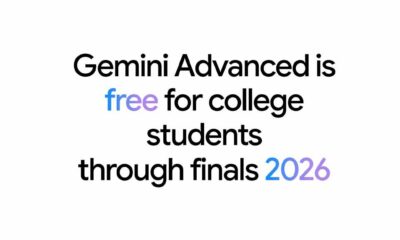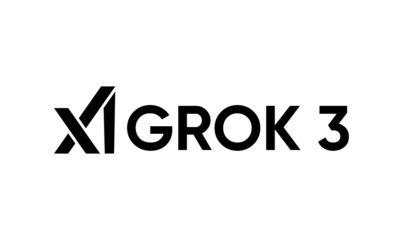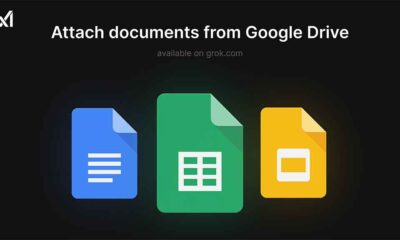Rocket Lab
Rocket Lab signs largest deal for 10 Electron launches with Synspective
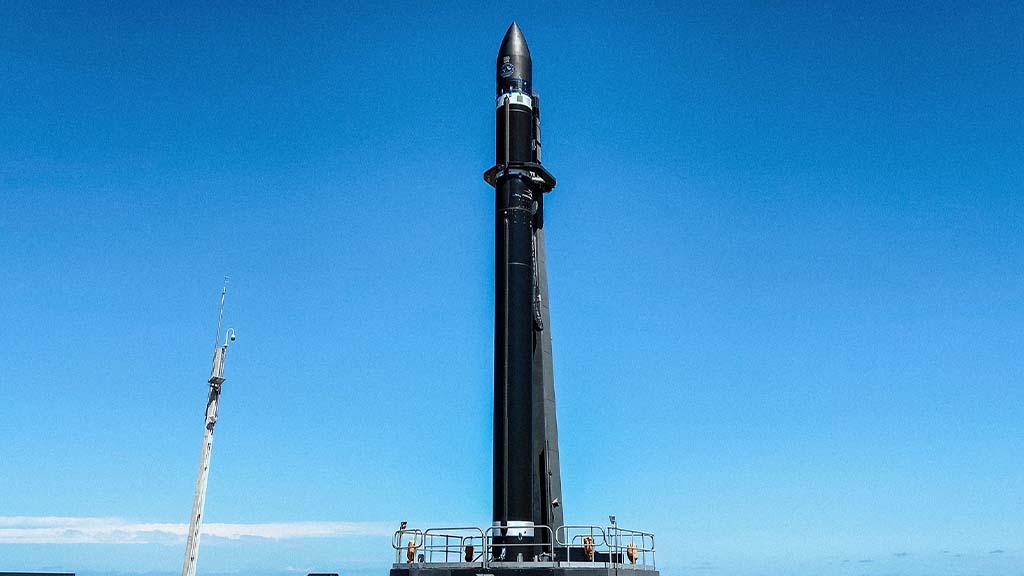
Rocket Lab has signed its largest Electron launch deal with Japanese Earth observation company Synspective to send nearly dozens of space vehicles into orbit.
This deal includes 10 missions, a record number of launches for the rocket company to date in a single agreement. It marks an expansion of the partnership between Rocket Lab and Synspective.
Since 2020, Rocket Lab has been the sole launch service provider for Synspective starting with the first satellite from the synthetic aperture radar (SAR) constellation. Afterward, the company lifted off the StriX constellation and deployed four satellites with dedicated Electron rockets.
This deal gives Synspective control over launch schedules and deployment parameters for each satellite. It will help the Japanese firm to build a constellation based on specific requirements.
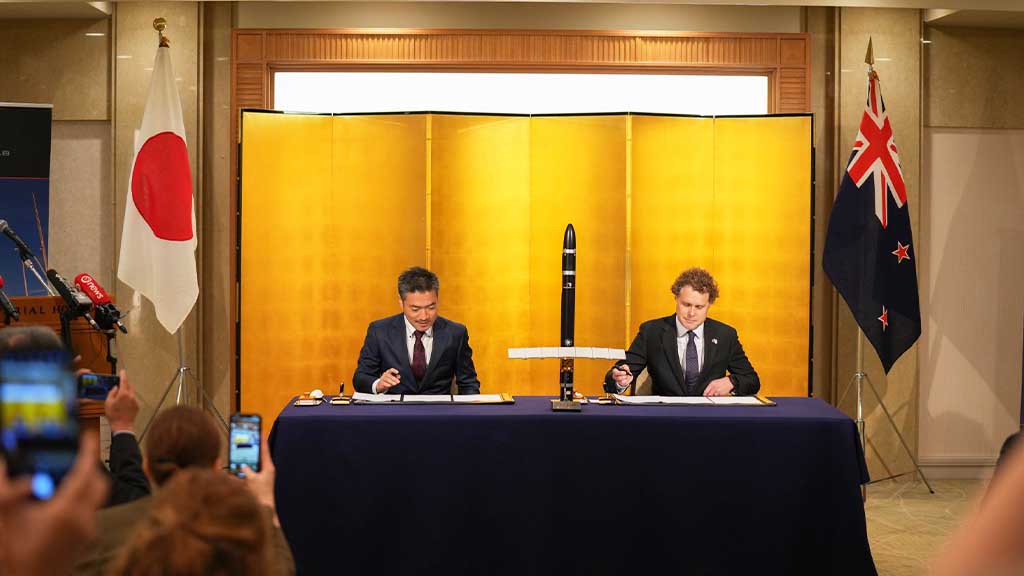
Rocket Lab Founder and CEO Peter Beck, Synspective founder and CEO Motoyuki Arai signing agreement for 10 Electron Rocket launches (Image Source – Rocket Lab)
In addition to the 10 new missions, Synspective has already scheduled two more launches this year from Launch Complex 1 in New Zealand. The 10 new missions will be completed between 2025 to 2027.
StriX Synspective’s small SAR satellites can observe the Earth’s surface in any weather condition day or night. It is not affected by clouds or rain, and SAR could be persistent in monitoring disasters and changes to secure critical infrastructure and other facilities.
That includes anomalies in road, rail, energy, and other infrastructure with cost-effective and lower accident risk. The satellite can monitor crop growth conditions, illegal login, and fishing, and provide a damage assessment after flooding, landslides, and volcanic eruptions.
The new agreement is signed in Tokyo at an event by Rocket Lab Founder and CEO Peter Beck, Synspective founder and CEO Motoyuki Arai, and New Zealand Prime Minister Christopher Luxon.
“We are honored that the Synspective team has once again entrusted Rocket Lab with the deployment of their constellation and we’re proud to be their launch partner for another ten missions, our largest launch agreement to date,” said Peter Beck.
(source)

